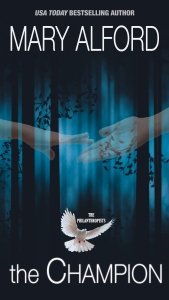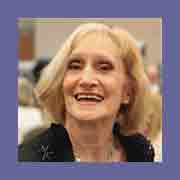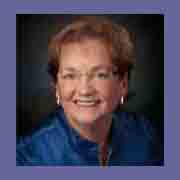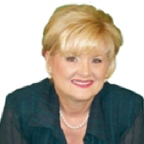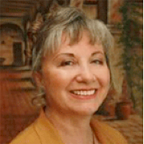Last November, John G. Stackhouse, Jr. posted a blog titled “Why Mere Christianity Should Have Bombed.”
The title is deliberately provocative. Mere Christianity by British scholar C.S. Lewis was published over 60 years ago and has been one of the most successful apologetics books ever written. Yet, in his blog, Stackhouse outlined several reasons why the book should have failed miserably.
Stackhouse then went on to explain why the book did succeed. Central to his argument is the idea that “Mere Christianity gives you permission to be both intelligent and Christian.” Stackhouse pointed out that Lewis was a skilled communicator who could proclaim and explain Christianity in clear terms that communicated to both intellectuals and average people. Sadly, “intelligent” and “Christian” are not words that are often put together in our culture.
Stackhouse knows what he is talking about. He is a respected Canadian scholar and an evangelical theologian. “Intelligent Christian” are words that could be applied Stackhouse as well as Lewis. I have found his writing to be clear and thoughtful. His most recent book, Evangelicalism: A Short Introduction, is a case in point. It should be widely read, not only by Canadians, but especially by Americans, who would benefit from being able to look at evangelicalism from a perspective broader than the American one.
Two statements in Stackhouse’s blog stood out for me:
“The market is now flooded with books by Ph.D.s who cannot write an interesting and intelligible paragraph, and by wannabe pop apologists who just aren’t very smart.”
“I hope that reflection on Mere Christianity…will inspire some of us to write blogs, op-eds, and books, and perhaps also create podcasts and videos that communicate with publics outside Christian subcultures.”
The words resonated with me partly because they reminded me of some other words spoken to me over forty years ago. Those words inspired me to study at Regent College, an excellent theological college in Vancouver where Stackhouse later taught for a time. Unemployed, I had been sent to a vocational counselor in an experimental program I was later told did not exist. After giving me a battery of aptitude and interest tests, the counselor concluded that I should return to school and become a theologian because “the world needs people who can explain Christianity to intellectuals.” The counselor was a well-educated and intelligent man who was puzzled by his wife’s recent conversion to Christianity. After studying at Regent College and then earning a degree in church history, I embarked on a career of writing, editing, and occasionally teaching.
Some years later, when I had become established as a writer and editor with a Christian magazine, I used to regularly take a transit bus to work. Over time, I got to know some of the drivers, and we would occasionally talk as the bus rolled along. One of the drivers, who was not a Christian, discovered that I was a writer, and she asked if she could read something I had written. I realized I had nothing to offer her. All of my writings were written for Christians and probably only understandable by Christians. I later wrote my first murder mystery and dedicated it to her. The book does not contain an explicit presentation of the Christian gospel, but perhaps a subtle one. Its hero is a Christian. My intent was to give readers the experience of living next door to a Christian, whose life would cause them to become curious and wonder about something greater than they knew.
I do not consider that I have perfectly or even adequately done what was asked of me. But Lewis’s words and Stackhouse’s have continued to haunt and call and challenge me. I pray that they will also call others—to do in our generation what Lewis did in his.


















